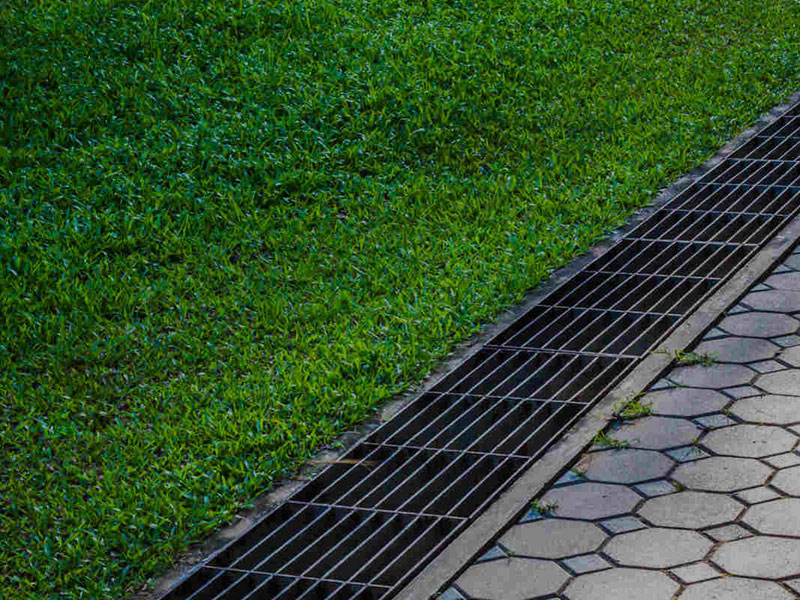
Understanding the Role of Drainage Systems in Your Property
Drainage systems play a crucial role in managing water on your property, helping to prevent water-related damage and maintain a safe and functional environment. Understanding their role is essential for property owners. Here's an overview of the significance of drainage systems on your property:
1. Water Removal: The primary function of drainage systems is to remove excess water from your property. This includes rainwater, runoff from irrigation, and any other sources of water that may accumulate on your land. Effective drainage systems prevent water from pooling or causing erosion.
2. Flood Prevention: Proper drainage systems help prevent flooding, which can be especially important in areas prone to heavy rainfall or in flood-prone regions. They divert water away from vulnerable areas, ensuring that your property remains dry and safe during storms.
3. Erosion Control: Drainage systems help control soil erosion by directing water away from vulnerable areas. Without proper drainage, water can wash away topsoil, destabilize slopes, and damage landscaping.
4. Foundation Protection: Drainage systems are essential for safeguarding the foundation of your home or other structures on your property. Poor drainage can lead to foundation damage, including cracks and shifting, which can be costly to repair.
5. Preventing Basement Flooding: In homes with basements or crawl spaces, drainage systems, such as sump pumps and perimeter drains, are essential for preventing basement flooding. They collect and remove groundwater to keep these areas dry.
6. Landscaping Maintenance: Drainage systems are vital for preserving the health and aesthetics of your landscaping. Excess water can drown plants, create muddy or soggy areas, and damage hardscaping features like patios and walkways.
7. Preventing Water-Related Damage: Proper drainage helps protect structures, such as fences, decks, and outbuildings, from water-related damage. It prevents water from infiltrating these structures and causing deterioration.
8. Mitigating Soil Saturation: In regions with high groundwater levels or poor soil drainage, drainage systems can mitigate soil saturation, which can negatively impact plant growth and structural stability.
9. Water Quality Management: Drainage systems can also play a role in managing water quality. They can filter and treat runoff water, removing pollutants before it enters local water bodies, helping to protect the environment.
10. Compliance with Regulations: Many local building codes and regulations require property owners to have proper drainage systems in place to manage stormwater runoff and prevent flooding.
To effectively manage water on your property, it's essential to have a well-designed and maintained drainage system that suits the specific needs and conditions of your location. Regular inspection and maintenance of your drainage system are critical to ensure that it functions correctly and prevents water-related problems on your property. Consulting with a professional landscaper or drainage expert can help you design and implement an efficient drainage system tailored to your property's requirements.
Oct 11, 2023